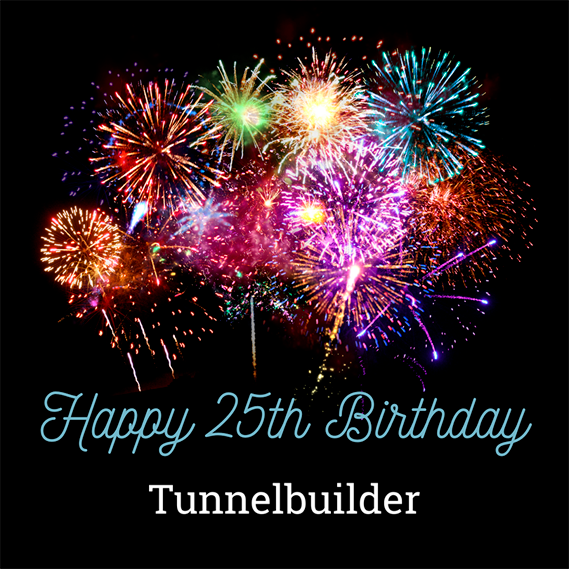VTA announced the updated cost and schedule for VTA’s Phase II Project at October 20, 2023 Board of Directors meeting. These changes reflect the Project’s design progress and market conditions as the last cost estimate was developed pre-COVID.
VTA has been working over the past 20 years to deliver the BART extension to Santa Clara County. VTA constructed and opened Phase I, a 16.09 km (10-mile), two-station extension in 2020, and will soon start construction on Phase II, an additional 9.66 km (6-mile), 4-station extension, through downtown San Jose and into Santa Clara.
The new estimated project cost and schedule for VTA’s BART Phase II Extension Project is EUR11.52 bn (USD12.2 bn) with passenger service anticipated in 2036.
During the Workshop on October 20, 2023, th Board provided details of what exactly has contributed to these new projections for VTA’s BART Phase II Project and also announced the establishment of an Ad Hoc Committee to examine further ways to deliver the BART Phase II project as expediently and efficiently as possible.
When a project’s basic elements (e.g., station locations, alignment, mode, etc.) are defined, an early cost estimate is developed. As the project’s planning, design and engineering is advanced and refined, the baseline cost estimate becomes more accurate and reliable. In addition, major infrastructure project budgets include additional funds for certain levels of risks (unforeseen circumstances or challenging site conditions) as well as anticipated and unanticipated occurrences – also known as risks and contingencies.
This new cost and schedule reflect the progress of the Project, additional funds for risk and contingencies and the major changes in market conditions since the last cost estimate was developed pre-COVID in 2020.
National trends and market conditions contributing to the higher costs include Labor, Material and Equipment Escalation; Increasing Interest Rates; Resource Limitations; Supply-Chain Challenges; Lack of Competition; Current Contracting Environment; Pandemic Effect.
This estimate also reflects the significant progress the project has made over the last two years including the advanced design, award of the tunnel and trackwork contract, and contractor-proposed design innovations. Some of these advancements include Shifting to a larger diameter tunnel that can accommodate side-by-side tracks with a single center platform, which improves the passenger experience at each of the three underground stations; Elimination of the Mid-Tunnel Facilities; Reconfiguration of the 28th Street/Little Portugal BART Station; Refinements to the Downtown San José BART Station design to improve passenger experience through simplified access and circulation; Accommodations for future entrances at Downtown San José and Diridon BART Stations.
New Schedule
The revised schedule reflects new dates to bring on contractors to complete construction, additional time to test the system prior to revenue service, longer construction duration, and contingencies at key project milestones based on lessons learned and the regulatory environment. Early construction activities are still planned to start in each station area in 2024, with specific months still to be determined.
Controlling Costs
VTA is still positioned to fund the $12.2 billion project with funding coming from the Federal Transit Administration (FTA) New Starts Program and mix of state, regional, and local funds.
As a steward of public funds, VTA is taking multiple measures to control project costs as design and construction advances. Current value engineering efforts are being conducted and are estimated to produce savings for the project while not compromising service or the passenger experience. VTA is also refining the Project’s contract delivery strategy, shifting away from the Design-Build model towards the more traditional Design-Bid-Build model for the remaining contracts to construct VTA’s BART Phase II Project. VTA will continue to closely monitor project costs and will employ more flexible contract packaging to mitigate design and construction risks in addition to fluctuations in market conditions. Click here and us/61 for the tunnelbuilder archive and for further information please visit https://www.vta.org/. 42/23.

